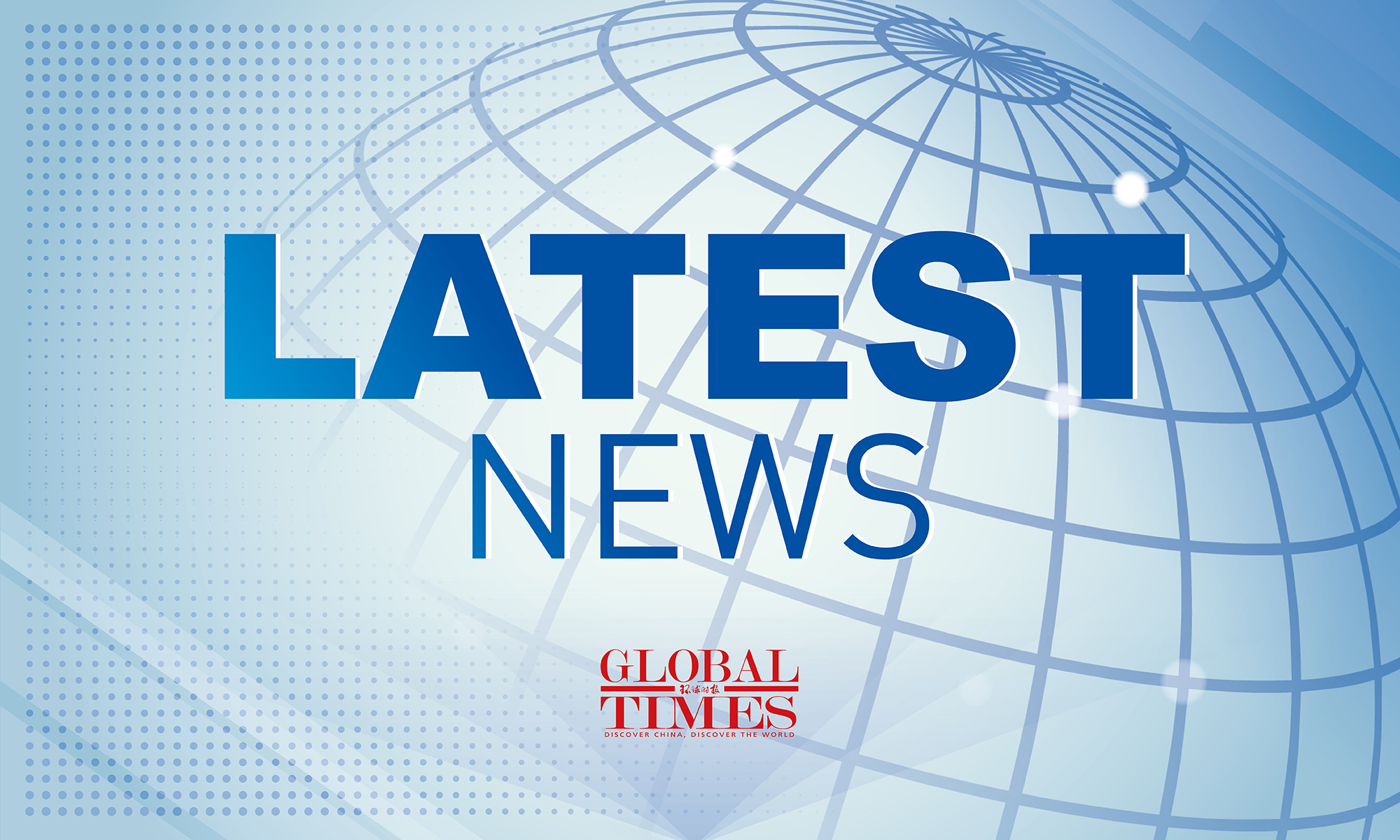Jiangsu Hongwei's Governance Changes and Strategic Shift

In recent corporate news, Jiangsu Hongwei Technology Co., Ltd. is undertaking a series of substantial changes that could reshape its operational framework and stakeholder dynamics. The company has proposed the cancellation of its supervisory board and plans to appoint a new auditor, raising important questions about corporate governance, transparency, and financial oversight. These changes signify an effort to adapt to evolving market conditions and ensure alignment with strategic business objectives. By analyzing these developments, it is crucial to understand their potential implications for investors, regulators, and the broader economy.
The decision to eliminate the supervisory board reflects a trend toward streamlined governance structures, which may improve decision-making efficiency but could also heighten corporate governance risks. As firms face increasing scrutiny from regulators and investors regarding transparency, the absence of a supervisory board could raise concerns about accountability and oversight. Additionally, by proposing to adjust its articles of association to exclude references to this abolished governance layer, Jiangsu Hongwei is signaling a shift in operational protocol that might not universally reassure stakeholders. This strategy holds parallels to the post-2008 financial crisis era when many companies restructured their governance frameworks to meet new regulations; however, the absence of checks and balances remains a critical vulnerability.
Moreover, the company’s selection of Tianjian Certified Public Accountants as its new auditor underscores a proactive stance toward enhancing financial governance amid a complex regulatory landscape. Given the recent litigation history of the auditing firm, the choice invites scrutiny regarding both the reliability of financial reporting and the integrity of the auditing process. The inspection of increased audit fees – now pegged at 680,000 RMB – indicates not only a potential shift toward better oversight but also a recognition of the need for more comprehensive internal controls as business operations expand. Investors must consider how such fluctuations in costs and potential governance lapses might impact EBITDA margins and the overall bottom line.
The risks accompanying these governance adjustments could have unintended consequences. For instance, while the restructuring aims to enhance efficiency, it might inadvertently lead to investor skepticism regarding the company's commitment to maintaining robust oversight mechanisms. Given the previous administrative penalties faced by Jiangsu Hongwei, continued vigilance on governance quality is essential for sustaining investor confidence. As stakeholders navigate these shifts, a pertinent question arises: will reducing governance layers actually enhance operational agility, or could it expose the company to future compliance challenges? The balancing act between efficiency and formal oversight will be critical in the months ahead.
In conclusion, as Jiangsu Hongwei Technology embarks on this significant governance transformation, the interplay of opportunity and risk remains palpable. Investors should weigh the potential for improved operational efficiency against the backdrop of heightened scrutiny and regulatory compliance. The market will be watching closely to determine if this restructuring yields tangible benefits or if it leads to a deterioration in stakeholder trust. Ultimately, these decisions will shape the company’s trajectory and investor sentiment in a rapidly evolving market landscape, reinforcing the importance of clear communication and transparency in corporate governance.
Read These Next

China's Manufacturing PMI Drops in July Due to Off-Season Rain
China's July PMI fell to 49.3, impacted by off-season and weather, but production and new orders remain resilient.

China New City Group Pursues Digital Transformation Amid Challenges
China New City Group Limited is engaging in a digital transformation initiative by joining the Hong Kong Real World Assets Global Industry Alliance, addressing valuation issues in the market while embracing technology in real estate and finance.

China Manufacturing PMI Drops to 49.3 in July
China's July manufacturing PMI fell to 49.3, down 0.4 points, indicating contraction and challenges in the sector.
